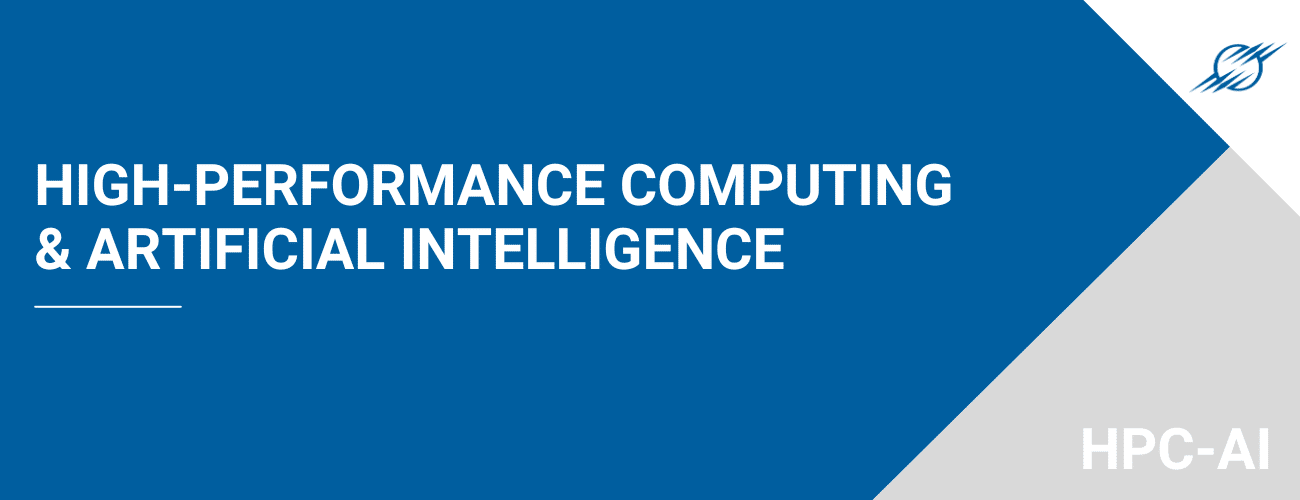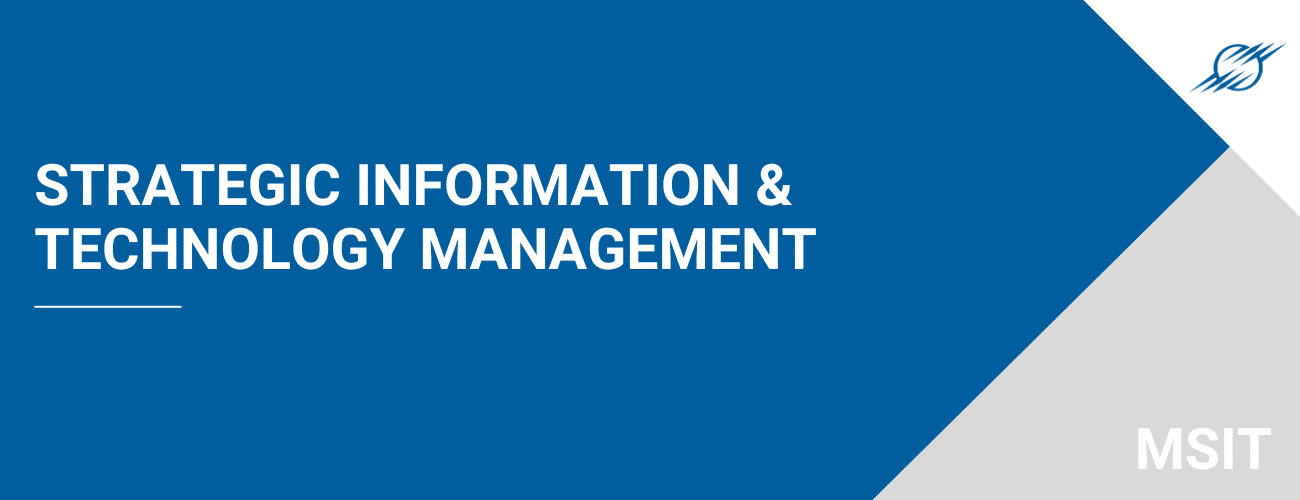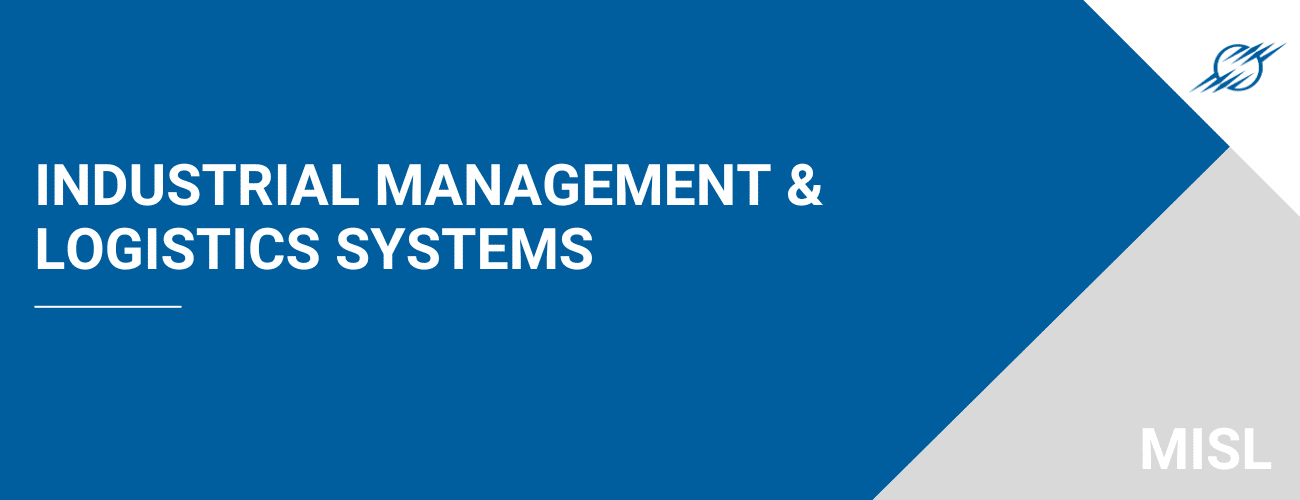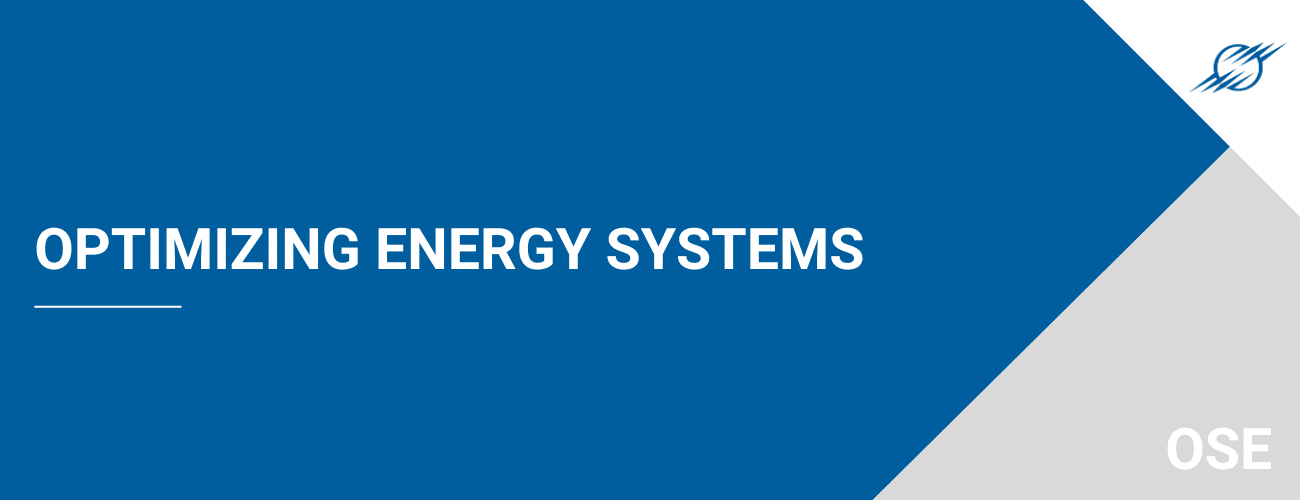Mathematics & Systems
Robotics, communicating objects, collaborative 3D technologies and virtual reality are all part of today’s digital convergence: the fusion and integration of media, communications and information… At Mines Paris – PSL, our research is responding to these new challenges by developing the intelligent complex systems of the future.
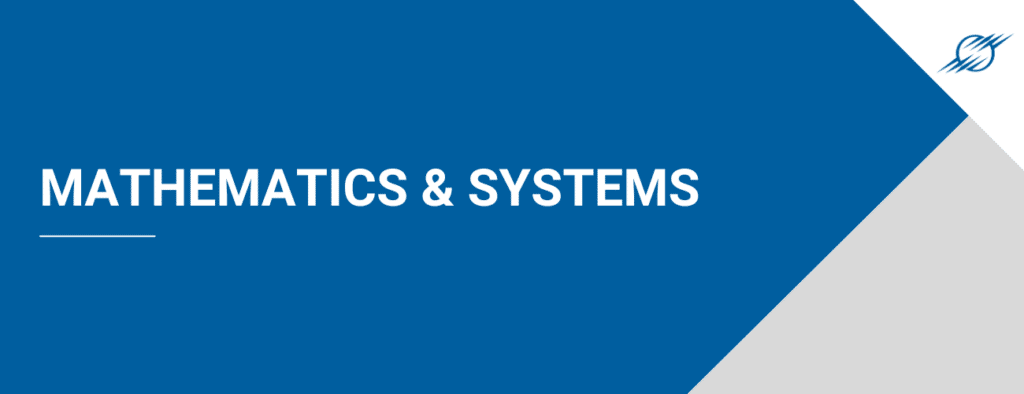
These cross-disciplinary issues are addressed by 6 research centers, focusing on 4 main areas of research:
- image processing ;
- control and optimization ;
- languages for information technologies ;
- bioinformatics.
6 research centers are affiliated to this department, headed by Jesus Angulo.
CMM
Centre de morphologie mathématique (mathematical morphology)
It studies techniques based on mathematical morphology. Created at Mines Paris-PSL, this science makes it possible to analyze images by identifying and modeling the objects that make them up, and by detecting some of their structural properties. The images processed in this way are highly varied: X-rays of technical or biological objects, electron microscopy images, scene analysis for driving assistance.
CAOR
Centre de Robotique (robotics)
Its research focuses on real-time Artificial Intelligence algorithms (in particular statistical learning) and on Human-Machine interaction, for robotic systems: on the one hand automated vehicles and Intelligent Transport, and on the other hand mobile and/or collaborative robots. The aim is to increase the intelligence, functionality and automation of these systems, taking into account the importance of their quasi-permanent interaction with humans.
CAS
Centre Automatique et Système (Automatic & System)
Its activities in the control of linear and non-linear physical systems have numerous applications: internal combustion engines, electric motors, mini-UAVs and inertial navigation, process control, estimation and automatic control of land and space vehicles, and quantum systems.
CMA
Centre de mathématiques appliquées (applied mathematics)
The team applies its skills in modeling and decision mathematics to climate change issues. It develops simulation models for long-term forecasting, contributes on the optimal management of energy systems, and works on electricity and carbon markets.
CRI
Centre de recherche en informatique (computer science)
It is dedicated to the study of languages used by information technologies, and develops semantic analysis and automatic transformation techniques designed to meet industrial needs (performance, development costs, time-to-market) and administrative and societal needs (coherent information sharing, data standardization, access to information, heritage preservation).
CBIO
Centre de Bio informatique (Bio computing)
It develops statistical learning methods for analyzing and modeling biological and chemical data, particularly at the molecular level. The CBIO works very closely with the Institut Curie and INSERM (U900 Cancer and Genome: bioinformatics, biostatistics and epidemiology of a complex system), as part of a joint laboratory dedicated to bioinformatics and the systems biology of cancer.


